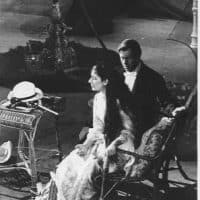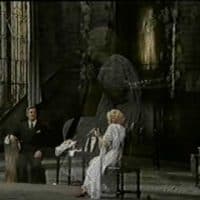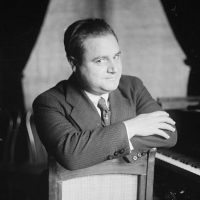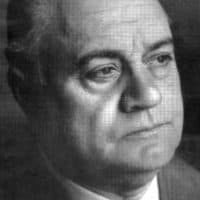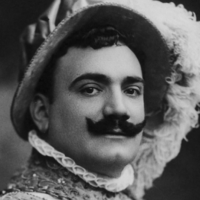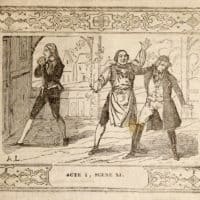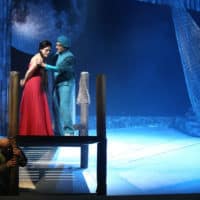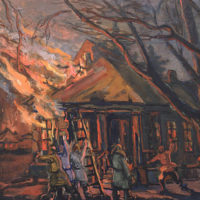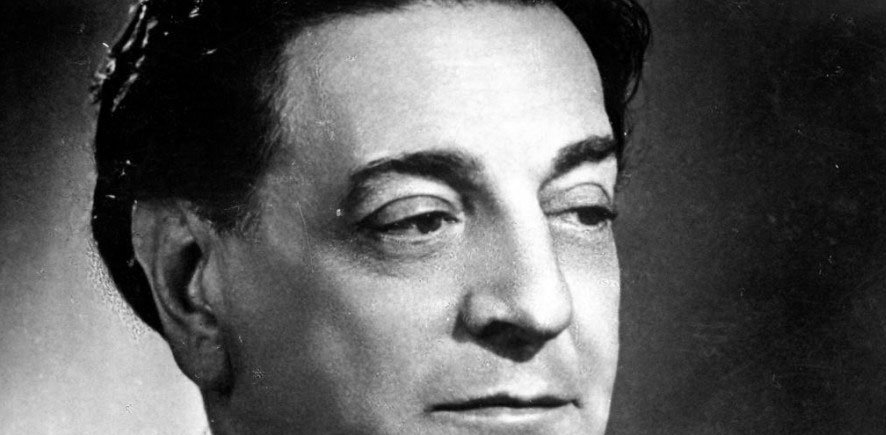
[dropcap2]I[/dropcap2] was born in Highland Park, Illinois in 1934 and lived my childhood in the little town of Ravinia, Illinois, just down the hill on Clavey Road and just over a mile from the south/west entrance to the famed Rivinia Opera now named the Ravinia Festival. This was the North Shore of Chicago where some of the wealthiest of the wealthy resided, many along the famous Sheridan Road and the shores of Lake Michigan. Here is the story that I heard throughout the years. Who knows how much it has grown over the years, but because this and many others, my mother always said, “write a book, tell our story.”
I estimate that two years before I was born in approximately 1932, is when this took place. It seemed to me my mother was expecting her 4th child, the hopes of a boy to join three older sisters. After all, this was an Italian family and all Italians know that a family without a “son” is not complete.
As it would happen, I came after this “son” and then two more boys to swell an Italian father’s pride.
My little mother, Alicia (Alice) Castellari, was born in Fanano, Italy and came to the United States when she was just over a year old. She was the oldest of ten children. Her folks settled in the coal mining town of Centralia, Illinois, as did many other Italian immigrants.She moved to the Highland Park after marrying my father, Frank Dinelli. It seemed she was always barefoot and pregnant, as the old saying goes. This particular day, she had taken a laundry basket of cloths from her little cottage to the cloths line and as she hung her cloths to dry, she suddenly found that a dapper gentleman was walking in off the dirt road. He was coming down the drive and across the spacious lawn.
You see, my father was a “greens keeper” at the affluent Northmoor Country Club so that there were no neighbors to speak of, just beautiful country side and an 18 hole golf course surrounding the little cottage.My mother always held her cloths pins in her mouth when she was hanging cloths for her large brood and I imagine the cloths pins fell to the ground as she stood shocked at what she saw. Here approaching her was this handsome dapper, what appeared to be a gentleman. It was described that he had on a flowing black silk cape with a white silk lining, a black silk top hat, a pearl handle cane and a beautiful collie dog at his side.
As he reached my mother and in broken English he remarked at what a beautiful country side she lived in. It wasn’t long before the two were conversing in Italian and if I picture my little Italian mother correctly, she was giggling with excitement.
The gentleman told her that he was an Italian tenor and was singing at Ravinia. He said he was going on to the Met in New York and then on to California. He was worried about his dog and said the trip would be to hard on his beautiful collie and would Mother take the dog and give her a home. The dogs name was “Cara-which means love”, we called her “Cada” and of course my Mother took the dog and ever after , when we got a new dog, it was a collie.
Who was the tenor? None other than Tito Schipa! I don’t know if Mother liked opera before she met Tito, but I know every Saturday, as we cleaned the house, the Metropolitan Opera, sponsored by Texaco, was blaring on the radio. Instead of Elvis, my turntable whirled Mario Lanza when I was a teen. Still the music in our home is from the operas.
The exciting part of this whole story, that I’ve heard through the years in different versions, was when I found the Tito Schipa’s biography, written by , where he put all the facts down. The year, where he was singing, and the fact that he was going to New York and California. Anthonisen went on to write that, “during the course of 1917 Puccini himself invited the young tenor to create the role of Ruggero in the world premiere of La Rondine in Monte Carlo with the star soprano Gilda dalla Rizza.”
I can only imagine that my little Italian mother would have fallen over if she had known, that in shaking Tito Schipa’s hand, she had touched the hand that had touched Giacomo Puccini’s hand.
It should also be told that when Italian opera stars came to perform at the Ravinia Opera, they would venture to Highwood, sometimes called Little Italy, the neighboring town to Ravinia and there the stars would feast in the homes of the Italian immigrants. Food like their mama’s made back in Italy
It was exciting to read that Tito was “engaged by the Met in New York for the following three seasons, 1932-35”. I was born in 1934. I was thrilled to find this site which for me put a spark of validity to the story I had heard growing up. Now at the age of 70 it seems things have come full circle. Thank you for a wonderful and informative site.
